hypnotherapy for fear of flying
Experience calm and confidence during flights with effective hypnotherapy for fear of flying
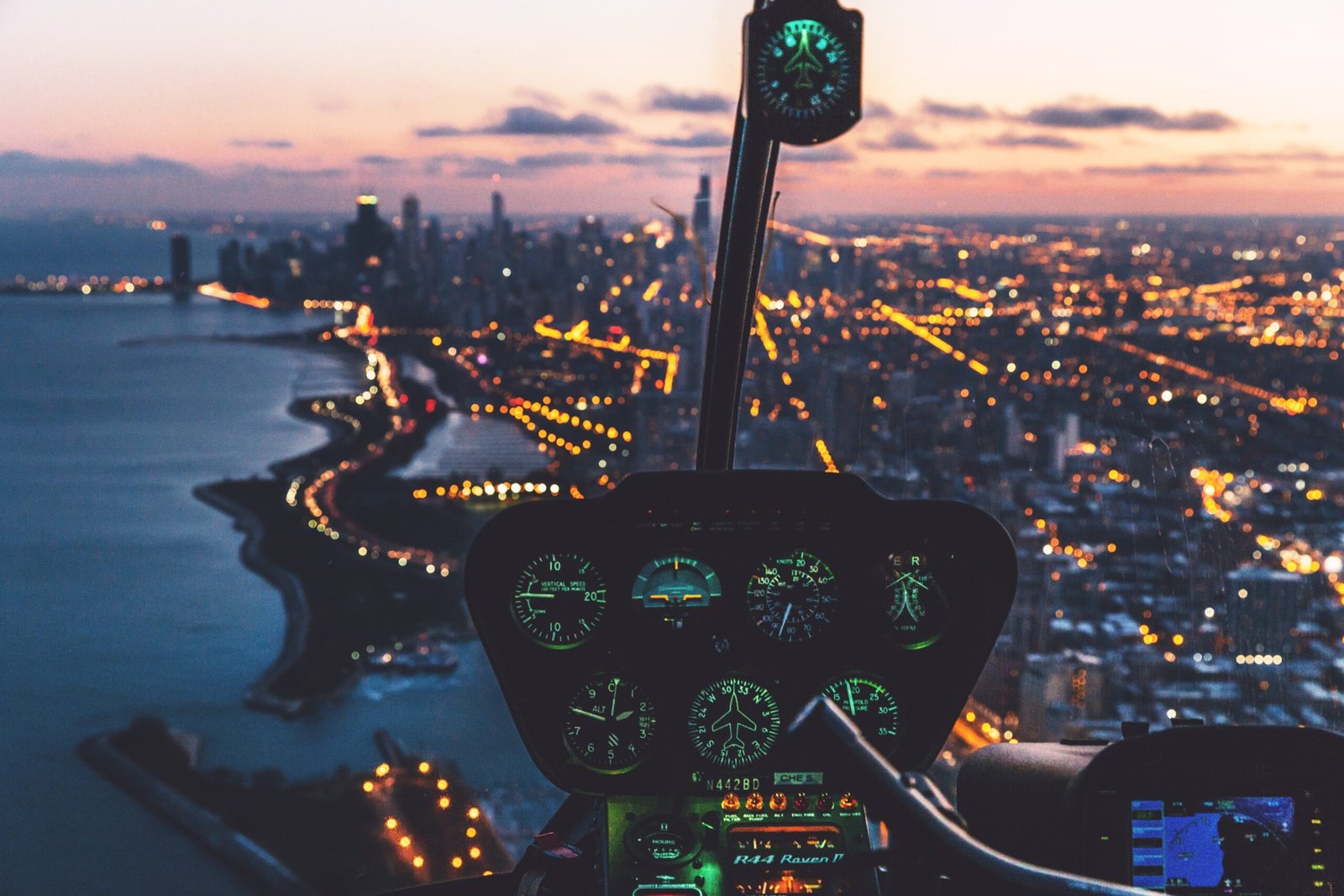
Overcome Fear Of Flying With Online Hypnotherapy
Are you tired of feeling overwhelmed by fear and anxiety every time you think about flying? Do you find yourself panicking at the mere thought of boarding a plane? With hypnotherapy for fear of flying, I specialise in helping individuals regain control over their thoughts and emotions, allowing them to approach flights with confidence and ease.
Are you struggling with a fear of flying?
- Do you experience panic and sleepless nights leading up to a flight?
- Do thoughts of dying plague your mind?
- Do you feel a profound loss of control?
- Are you plagued by shaking, trembling, or a pounding heart?
- Does the thought of the return flight ruin your holidays?
- Do you avoid work trips and miss out on opportunities?
Hypnosis is a powerful tool that targets the unconscious mind, reshaping negative thought patterns and beliefs associated with flying. Through the use of your own imagination and memory which allows you to access your unconscious, I guide you through therapeutic techniques to address the underlying causes of your fear. When combined with cognitive behavioral therapy (CBT), you’ll learn effective strategies to manage your emotions and rediscover the joy of travel.
Utilizing a blend of hypnotherapy, Neuro Linguistic Programming (NLP) and coaching techniques, I assist you in correcting unhelpful subconscious beliefs, memories and emotions that trigger panic and pessimism. Whether your flying phobia stems from a past traumatic experience or arises unexpectedly, hypnotherapy can help you uncover and resolve its root cause. While we can’t control every aspect of air travel, reframing negative thinking patterns empowers you to approach flights with calm logic, enabling you to feel safe and embrace the experience.
Discover how I can help you conquer your fear of flying with hypnotherapy:
- Identify and address the root cause of your flying phobia.
- Acquire life-changing strategies to calm and restore your anxious mind.
- Enhance your capacity for rational and logical thinking.
- Rediscover the joy of traveling by plane.
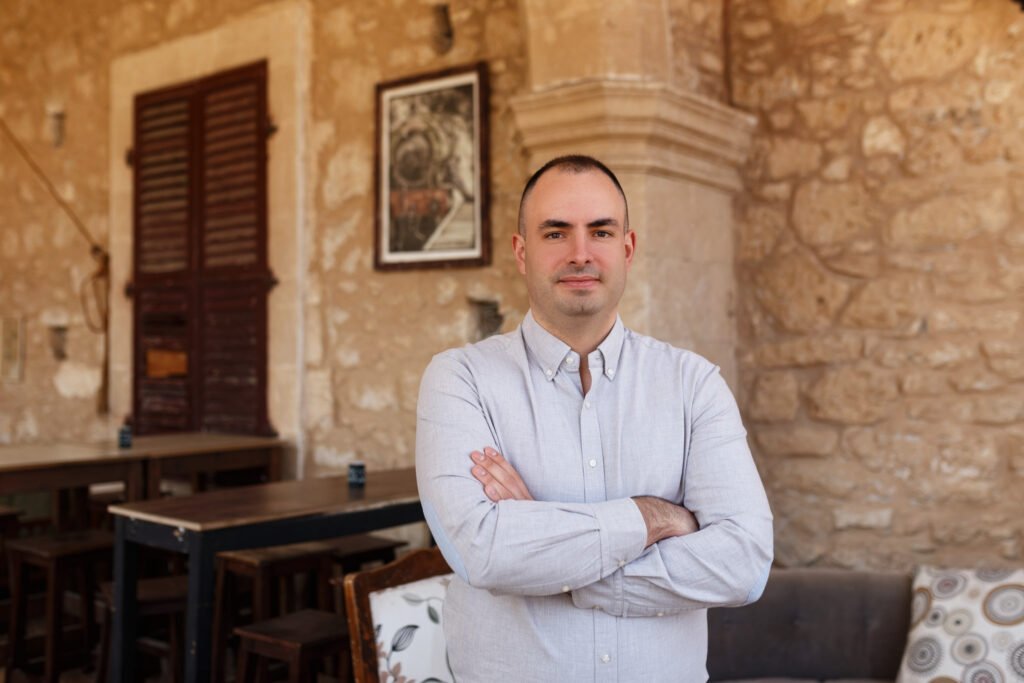
Julian Carbajo
Are you ready to embark on a journey of self-discovery and transformation? My name is Julian, and I am not just a clinical hypnotherapist and life coach – I am your dedicated partner in achieving your goals and unlocking your fullest potential.
Ready to take the first step towards a happier, more fulfilling life? Contact me today to schedule a consultation and discover how tailored hypnotherapy and coaching solutions can unlock positive change in your life. Your journey towards personal growth and transformation begins with a simple message – reach out to me, and let’s embark on this empowering journey together.
Fear of flying, also known as aviophobia, can be a debilitating anxiety disorder that prevents individuals from traveling by air. People with a fear of flying may experience extreme anxiety and distress when they think about flying, or when they are actually on a plane. This can make travel difficult or impossible, and can have a significant impact on a person’s quality of life preventing individuals from traveling and connecting with loved ones. It is a common phobia that affects millions of people worldwide. Fortunately, hypnotherapy for fear of flying has emerged as a popular and effective method of treating this fear, helping many people overcome their anxiety and regain the ability to fly with confidence.
Hypnosis aims to access the unconscious mind and reframe negative thought patterns and beliefs associated with flying. By inducing a state of deep relaxation and heightened suggestibility, a hypnotherapist can guide individuals through therapeutic techniques to address the root causes of their fear.Combined with cognitive behavioral therapy (CBT), individuals can manage their emotions and experience the joys of travel once again.
Understanding fear of flying
Fear of flying, also known as aviophobia or aerophobia is more than just a fear; it’s a complex phobia that can trigger intense panic attacks and severe anxiety. Common symptoms include rapid heartbeat, shortness of breath, sweating, nausea, and a sense of impending doom when faced with flying or even the thought of it. For those affected, it can lead to avoidance behaviors, impacting their ability to travel for work, visit loved ones, or explore the world.
Causes and Triggers of Fear of Flying
The exact cause of aviophobia is unknown, but it is thought to be a combination of genetic and environmental factors. Some people may be more likely to develop aviophobia if they have a family history of anxiety disorders or phobias. Others may develop aviophobia after a traumatic experience related to flying, such as a turbulent flight or a near-miss.
Fear of flying can arise from various causes and triggers. Bad flight experiences, fear of heights, claustrophobia, and the fear of being out of control are common factors that contribute to this fear. These triggers can instigate intense anxiety and even panic attacks, accompanied by physical symptoms such as sweating, dry mouth, blurred vision, and an accelerated heartbeat. Some individuals may resort to alcohol or medication as a means of suppressing their fear, further exacerbating the problem.
The Impact of Fear of Flying on Daily Life
Fear of flying can have a profound impact on an individual’s daily life. It can lead to avoidance of travel opportunities, missed family holidays abroad, and heightened anxiety in anticipation and during flights. Many people find themselves choosing careers that do not involve travel to avoid confronting their fear. This fear can cause significant stress and strain, affecting not only personal relationships but also the overall well-being and quality of life.
Available Treatment Options
Fortunately, various treatment options are available to help individuals overcome their fear of flying. Two effective methods include hypnotherapy and cognitive behavioural therapy (CBT). Hypnotherapy works by connecting with the unconscious mind, utilizing relaxation techniques, and offering positive suggestions that reframe the thought patterns associated with flying. On the other hand, CBT focuses on managing anxiety through techniques like diaphragmatic breathing. Both treatments have shown success in helping individuals regain control and manage their fears associated with flying.
Unmasking the Roots: Understanding the Origins of Fear of Flying
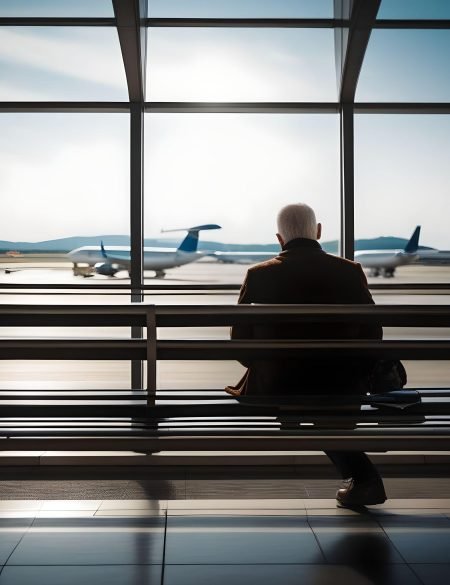
1. Childhood Experiences and Their Impact: Early experiences wield substantial influence over the development of flight anxiety. Memories, whether positive or negative, leave enduring imprints on the unconscious mind. The apprehension instilled by anxious parents and specific travel incidents is pivotal.
2. Traumatic Events and Their Association with Fear of Flying: Aviation-related or unrelated trauma catalyzes the fear of flying. Turbulence, distressing airport incidents, or unrelated trauma may manifest as anxiety. Recognizing the psychological aftermath is imperative for effective intervention.
3. Uncovering Unconscious Fears Through Hypnotherapy Sessions: Hypnotherapy for fear of flying delves into the unconscious, addressing elusive fears.Accessing your imagination and your memory facilitates the exploration of flight anxiety roots.
4. The Interplay of Cognitive and Emotional Factors: Flight anxiety involves nuanced cognitive-emotional interplay. Negative thought patterns create a fear-reinforcing cycle. Hypnotherapy reprograms both cognitive and emotional responses, fostering resilience.
5. Tailoring Hypnotherapy Approaches to Individual Root Causes: Recognizing unique fears is crucial. Hypnotherapy tailors interventions to specific root causes. Comprehensive assessments identify triggers for a customized treatment plan.
6. Addressing Fear of the Unknown and Uncertainty: The fear of flying extends to a broader fear of the unknown. Hypnotherapy cultivates control, addressing underlying fears. Individuals develop an empowered mindset to confront uncertainties.
Overcoming Fear of Flying
Tips for Managing Travel Anxiety
Managing travel anxiety is crucial for a comfortable flight experience. It’s essential to plan ahead and be prepared. Creating a checklist of necessary items, arriving at the airport early to avoid rushing, and familiarizing oneself with the airport layout can help reduce stress. Additionally, distractions like listening to calming music, watching movies, or engaging in enjoyable reading material can divert attention from anxiety-inducing thoughts.
Preparing Yourself for a Comfortable Flight Experience
Preparing for a comfortable flight experience involves several aspects. Choosing the right seat, such as an aisle or a window seat, can provide a sense of control and reduce feelings of claustrophobia. Wearing comfortable clothing and bringing essential items like a travel pillow or noise-canceling headphones can enhance comfort during the flight. Staying hydrated, avoiding caffeine and alcohol, and practicing good sleep hygiene leading up to the flight can also contribute to a more relaxed experience.
How effective is hypnotherapy for fear of flying?
Hypnosis has been found to be an effective treatment for fear of flying for many individuals. It aims to change the thoughts and behaviours associated with flying, making it a more positive experience.By addressing and reframing negative beliefs and perceptions, hypnotherapy cultivates a new mindset that views flying as a safe and enjoyable experience.
Research has shown that people who use hypnotherapy to treat their fear of flying are significantly more likely to improve than those who do not use hypnotherapy. According to various sources, including hypnotherapy directories and experts, hypnotherapy has shown good success rates in helping people overcome their fear of flying. It is believed to be effective because it directly addresses the subconscious fears and anxieties that contribute to the phobia. Another study found that 85% of people who used hypnotherapy to treat their fear of flying were able to fly comfortably after treatment.

Many people have reported positive outcomes after just a few sessions of hypnotherapy for fear of flying. It can help individuals become more relaxed, confident, and calm during flights. However, it’s important to note that the effectiveness of hypnotherapy can vary depending on the individual and their specific circumstances.
Hypnotherapy for fear of flying: things you should know
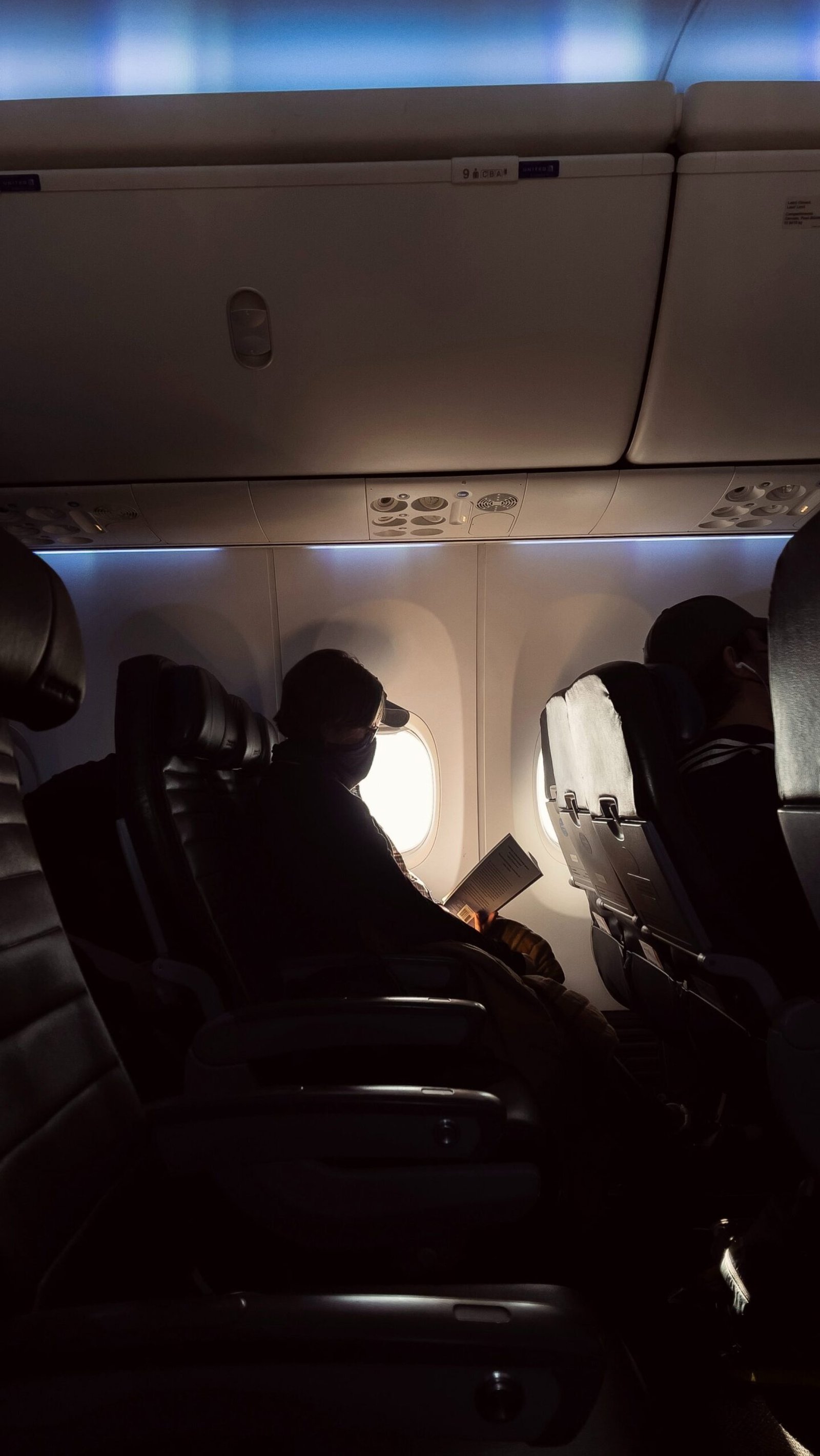
1. Tailored Approach: Hypnotherapy can be tailored to address the individual’s specific fears, triggers, and anxieties related to flying. This personalized approach can be highly effective in addressing the root causes of the fear.
2. Anxiety Reduction: Hypnotherapy aims to reduce anxiety and panic responses associated with flying. By accessing the subconscious mind, it can help individuals reframe their thoughts and beliefs, leading to decreased anxiety levels.
3. Gradual Exposure: Many hypnotherapists use gradual exposure techniques during sessions. This involves exposing the individual to flying-related stimuli in a controlled and relaxed state. Over time, this can desensitize the person to their fear.
4. Positive Visualization: Hypnotherapy often incorporates positive visualization, where individuals imagine themselves having calm and enjoyable flights. This can help rewire the mind to associate flying with positive emotions.
5. Behavioral Modification: Hypnotherapy can assist in modifying negative thought patterns and behaviors related to the fear of flying. This includes addressing avoidance behaviors and replacing them with more constructive responses.
6. Holistic Solution: Hypnotherapy can complement other therapeutic approaches and self-help strategies, providing a holistic solution for fear of flying.
7. Variable Results: The effectiveness of hypnotherapy can vary from person to person. Some individuals may experience significant improvements after just a few sessions, while others may require more extensive treatment.
8. Certified Hypnotherapist: Working with a certified and experienced hypnotherapist who specializes in treating aviophobia can enhance the likelihood of success.
How Does Hypnotherapy for Fear of Flying Work?
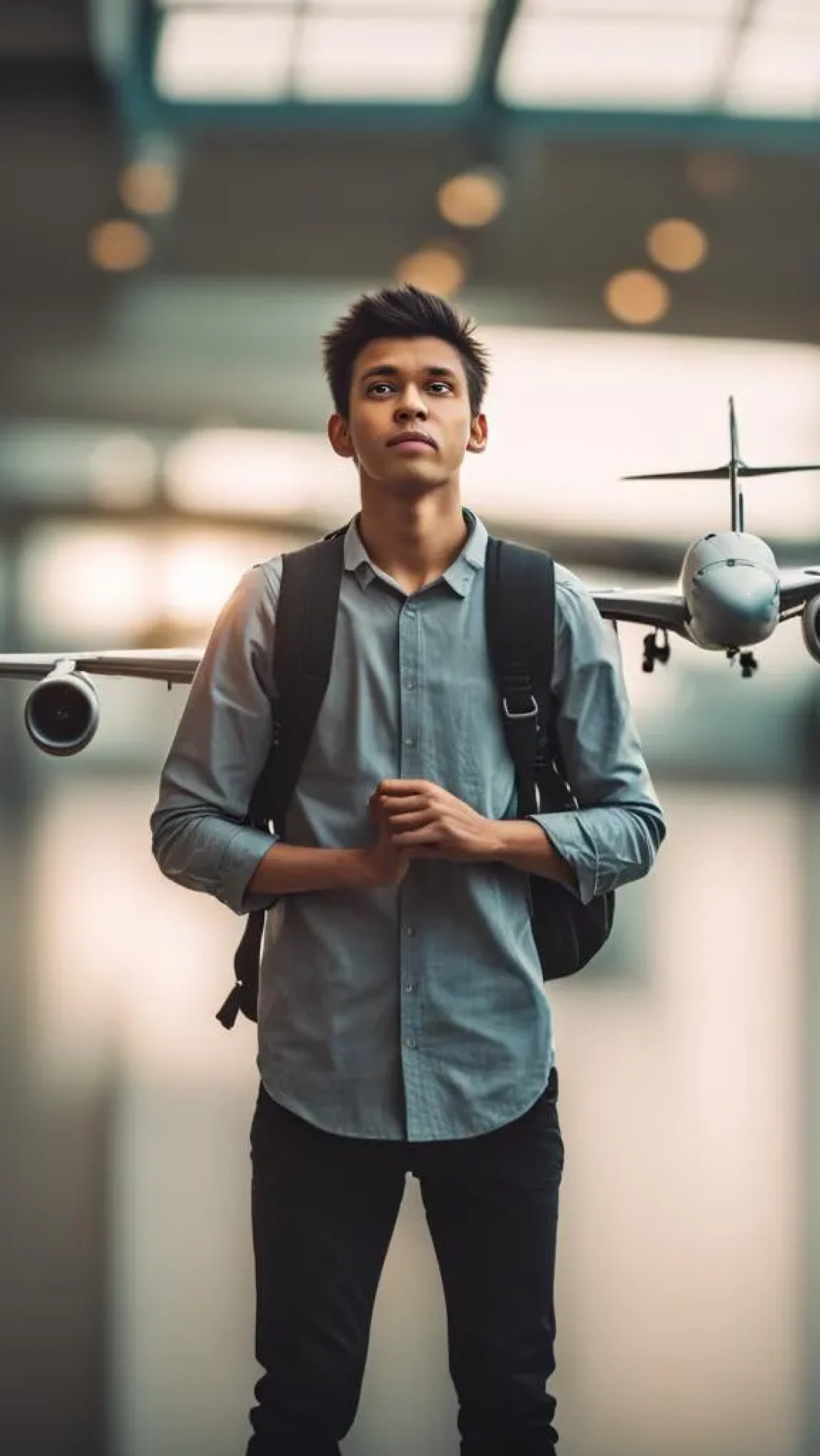
Fear of flying can be a distressing experience, but hypnotherapy offers a promising solution in overcoming aviation anxiety. Hypnotherapy for fear of flying typically involves several sessions that focus on uncovering the underlying triggers and anxieties associated with flying. The hypnotherapist may use visualization techniques and desensitization exercises to gradually reduce the fear response.
During the hypnosis sessions, individuals are in a relaxed state of mind where they can explore and reframe their thoughts and emotions surrounding flying. By accessing the unconscious mind, negative associations and limiting beliefs can be replaced with positive and empowering ones. It is a highly effective treatment method that empowers individuals to conquer their fear and regain control over their emotions and behaviours related to flying.
Your hypnotherapist may help you to develop coping mechanisms, such as relaxation techniques or visualization exercises, that you can use to manage your anxiety during a flight.
Hypnosis can also be used to help people to desensitize themselves to the feared stimuli. For example, your hypnotherapist may help you to imagine yourself in a variety of flying situations, starting with less stressful situations and gradually working your way up to more stressful situations. As you become more comfortable with each situation, your fear of flying should gradually decrease.
The number of sessions needed may vary from person to person, and ongoing reinforcement may be recommended for sustained results. Consulting with a certified hypnotherapist is essential to determine the right treatment plan for individual needs and goals.
It is important to note that hypnotherapy is not a magic bullet. It takes time and effort to overcome a fear of flying. However, hypnosis can be a valuable tool for people who are struggling to overcome their fear on their own.
Cognitive Behavioral Therapy (CBT) for Fear of Flying
Cognitive Behavioral Therapy (CBT) is an effective treatment method for managing flight anxiety and overcoming the fear of flying. By understanding and challenging negative thoughts and beliefs, individuals can reframe their perception of flying and develop healthier coping strategies.
Understanding Cognitive Behavioral Therapy (CBT)
CBT is a form of psychotherapy that focuses on identifying and changing negative thought patterns and behaviors. It is based on the premise that our thoughts, feelings, and behaviors are interconnected, and by altering one aspect, we can influence the others. CBT is highly structured and goal-oriented, typically conducted over a set number of sessions with a trained therapist.
Techniques and Strategies in CBT for Managing Flight Anxiety
In CBT, various techniques are employed to help individuals manage their flight anxiety. These may include:
• Identifying and challenging irrational thoughts and beliefs about flying.
Learning relaxation techniques, such as deep breathing and progressive muscle relaxation.
• Exposure therapy, gradually and safely exposing individuals to flying-related triggers.
• Developing coping mechanisms and positive self-talk to counter anxious thoughts
How CBT Works for Fear of Flying
When applied to the fear of flying, CBT aims to address the underlying thoughts and beliefs that contribute to the anxiety surrounding air travel. Here’s how it works:
Identifying Negative Thoughts: The first step in CBT for fear of flying is to identify the specific thoughts and beliefs that trigger anxiety. These may include thoughts about crashing, losing control, or being trapped in a confined space.
Challenging Irrational Beliefs: Once identified, the therapist helps the individual challenge these irrational beliefs by examining evidence that contradicts them. For example, statistics showing the safety of air travel or personal experiences of successful flights can help challenge the belief that flying is inherently dangerous.
Learning Coping Strategies: CBT equips individuals with practical coping strategies to manage their anxiety during flights. These may include deep breathing exercises, progressive muscle relaxation, or visualization techniques.
Gradual Exposure: Exposure therapy, a core component of CBT, involves gradually exposing individuals to the source of their fear in a controlled environment. For fear of flying, this may involve simulated flights, virtual reality exposure, or progressively longer periods spent in airports or airplanes.
Changing Behaviors: Through repeated exposure and practice, individuals learn that their feared outcomes are unlikely to occur, leading to a reduction in anxiety over time. This process helps to reshape their behavioral response to flying from avoidance to acceptance.
Combining Hypnotherapy and CBT for Optimal Results
Hypnotherapy and CBT can be combined to enhance the effectiveness of treatment for fear of flying. By addressing both the conscious and unconscious mind, individuals can experience a more comprehensive and lasting transformation of their thoughts, emotions, and behaviours related to flying. Hypnotherapy can complement CBT by further relaxing the individual and reinforcing positive suggestions for a fear-free flight experience.
Seeking Professional Help and Support
When pursuing CBT for fear of flying, it is essential to seek professional help and guidance from a qualified therapist experienced in treating phobias and anxiety disorders. A skilled therapist can provide personalized treatment, offer valuable insights, and support individuals throughout their journey of overcoming flight anxiety.
Benefits of Hypnotherapy for fear of flying
Hypnotherapy offers numerous benefits for those struggling with fear of flying. By addressing the underlying causes of anxiety, it provides individuals with the tools to manage their emotions and remain calm during flights. This treatment method fosters feelings of control, enabling individuals to overcome avoidance behaviours and take advantage of travel opportunities. Moreover, hypnotherapy equips individuals with self-hypnosis techniques that can be utilized even outside the therapeutic setting, providing long-term support.
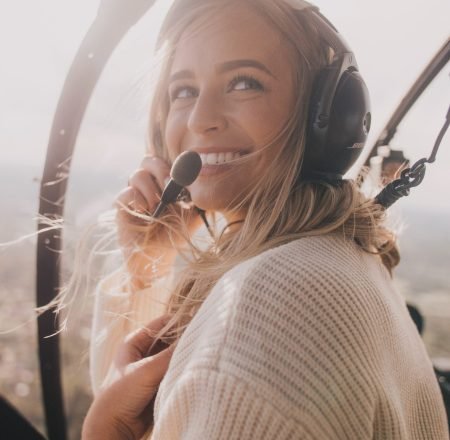
1. Effective Anxiety Reduction: It helps individuals reduce anxiety and panic responses associated with flying.
2. Personalized Approach: Each hypnotherapy session is tailored to the individual’s specific fears and triggers, making it highly effective.
3. Increased Confidence: Hypnotherapy instills a sense of confidence and relaxation when facing flying-related situations.
4. Overcoming Avoidance: It empowers individuals to overcome avoidance behaviors and limitations caused by aviophobia.
5. Holistic Solution: Hypnotherapy complements other therapeutic approaches and self-help strategies, providing a comprehensive solution for fear of flying.
6. Changed negative thoughts and beliefs: Hypnotherapy can help you to identify and challenge the negative thoughts and beliefs that contribute to your fear of flying. For example, if you believe that flying is dangerous, hypnotherapy can help you to develop more realistic and positive beliefs about flying safety.
7. Developed coping mechanisms: Hypnotherapy can help you to develop coping mechanisms for dealing with your fear of flying. These coping mechanisms may include relaxation techniques, visualization exercises, or self-talk strategies.
Living a Fear-Free Life: Reclaiming the Benefits of Travel
Living a fear-free life is an ongoing process that involves intentional choices that allows you to embrace new experiences, navigate uncertainties, and find joy in exploration.By adopting a positive mindset and incorporating these tips, you can reclaim the numerous benefits that travel offers and create a fulfilling, enriching life.
Overcoming Fear's Impact on Relationships and Career
Fear of flying can have a profound impact on various aspects of life, including relationships and career opportunities. Individuals with this fear often avoid jobs that involve travel, missing out on valuable professional experiences and growth. It can also strain personal relationships, as the fear may restrict or limit travel plans with loved ones. However, through effective hypnotherapy and cognitive behavioral therapy (CBT), individuals can overcome these obstacles, rebuild relationships, and pursue career opportunities that involve travel with confidence.
Embracing the Joys of Travel and New Experiences
Reclaiming the benefits of travel is a transformative experience. By conquering their fear of flying, individuals can embrace the joys and wonders of exploring new destinations, experiencing different cultures, and creating lasting memories. Through hypnotherapy and CBT techniques, individuals can reframe their mindset, viewing travel as an exciting adventure rather than a source of fear and anxiety. With newfound confidence, they can embark on journeys, expand their horizons, and enjoy the enriching experiences that only travel can offer.
Long-Term Strategies for Maintaining Fearlessness
Overcoming the fear of flying is just the beginning of a fear-free life. It is essential to develop long-term strategies to maintain fearlessness and ensure a lasting impact. This may involve practicing self-hypnosis techniques regularly, implementing relaxation exercises when booking or boarding a flight, and seeking ongoing support from professionals if needed. By incorporating these strategies into everyday life, individuals can consistently manage their emotions, face future flights with resilience, and continue to enjoy the freedom of travel without fear.
Frequently Asked Questions (FAQs) about Hypnotherapy for Fear of Flying
Whether you are considering hypnotherapy for yourself or are simply curious about this approach, these FAQs aim to provide a comprehensive understanding of how hypnotherapy can be a valuable tool in overcoming the fear of flying.
Can Hypnotherapy Completely Eliminate Fear Of Flying?
How Does Hypnotherapy Effectively Alleviate The Fear Of Flying?
Can Hypnotherapy For Fear Of Flying Be Conducted Remotely?
Is Hypnotherapy A Safe Option For Treating Fear Of Flying?
Can Hypnotherapy Address Other Anxieties Or Phobias Besides The Fear Of Flying?
Conclusion
Hypnotherapy for fear of flying offers hope and freedom to those who have long struggled with aviophobia. By accessing the subconscious mind and reshaping beliefs and responses, individuals can transform their flying experience from one of fear and anxiety to confidence and relaxation. If you or someone you know is held back by the fear of flying, consider exploring hypnotherapy as a powerful and liberating solution to soar above the skies with ease and enjoyment. Consult with a certified hypnotherapist to begin your journey towards fear-free flying.
Hypnosis can be a valuable tool for overcoming your fear of flying. With the help of a qualified and experienced hypnotherapist, you can learn to manage your anxiety and fly with confidence.
